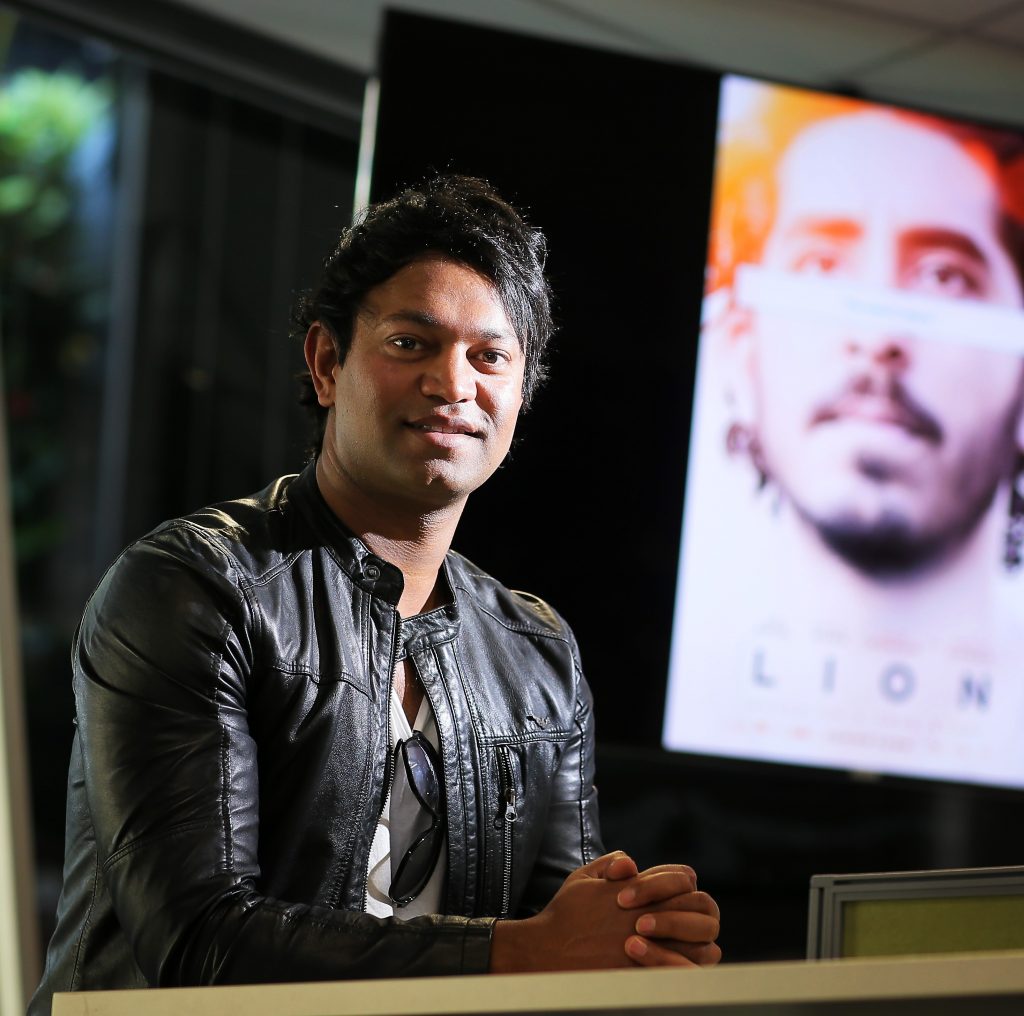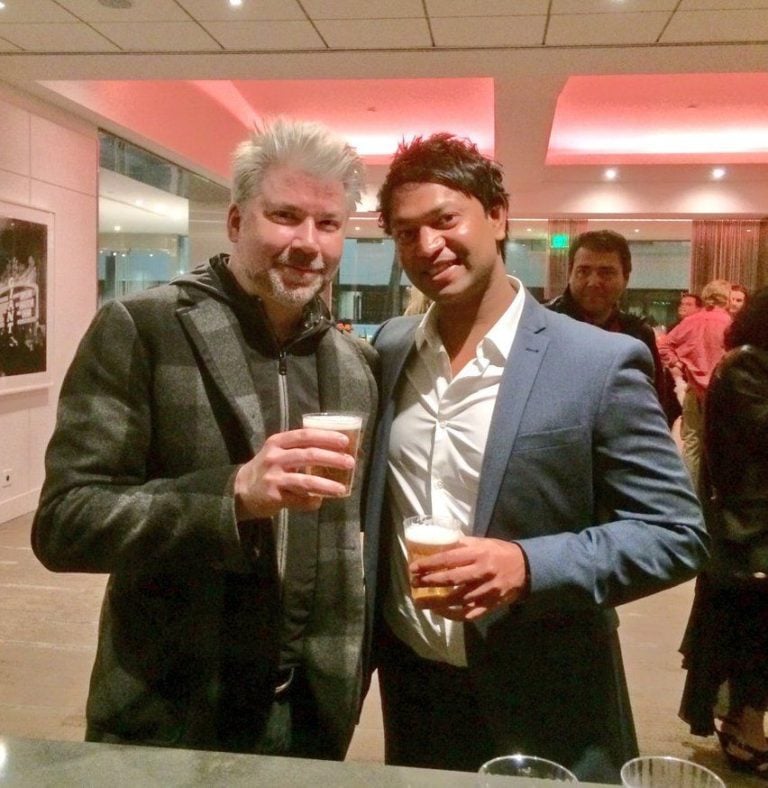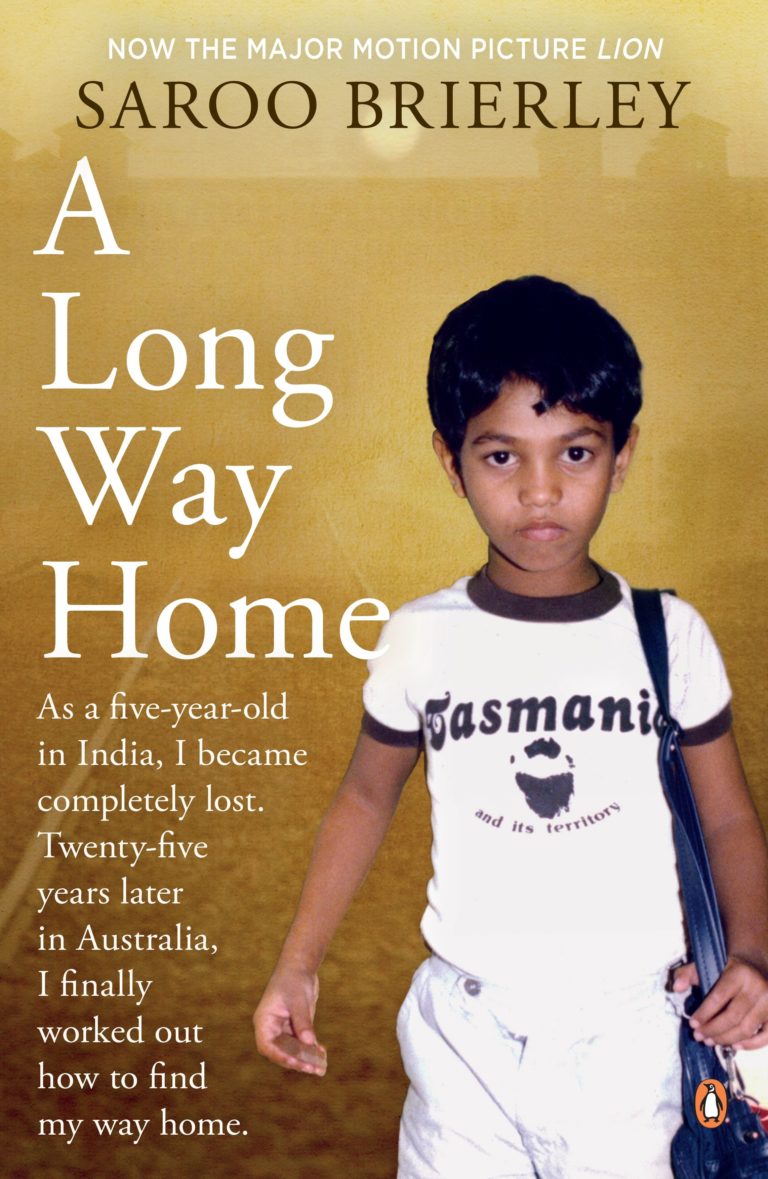Saroo Brierley's story is one of resilience, determination, and the power of memory. His incredible journey from being lost as a child in India to reconnecting with his biological family decades later has inspired millions around the world. This article will delve into the life of Saroo, exploring his remarkable story and the impact it has had on global audiences.
Saroo's story gained international recognition through his memoir, "A Long Way Home," and the subsequent film adaptation, "Lion." The narrative of his life is not just about overcoming adversity but also about the strength of the human spirit and the role of modern technology in reuniting families.
Through this article, we aim to provide an in-depth look at Saroo Brierley's life, his struggles, and his ultimate triumph. Understanding his journey offers insights into the complexities of adoption, identity, and the importance of family connections.
Read also:Exploring The Remarkable Journey Of Rebecca Espinoza In The Adult Entertainment Industry
Table of Contents
- Biography of Saroo Brierley
- Early Life and Childhood
- Getting Lost in India
- Adoption by the Brierley Family
- Searching for Home
- The Role of Google Earth
- The Reunion with His Birth Family
- Writing "A Long Way Home"
- The Film Adaptation "Lion"
- Impact on Global Awareness
Biography of Saroo Brierley
Personal Data and Background
Saroo Brierley was born as Saroo Munshi Khan in Khandwa, India. His early life was marked by poverty and hardship, which eventually led to a series of events that changed his life forever. Below is a summary of his personal data:
| Full Name | Saroo Brierley (formerly Saroo Munshi Khan) |
|---|---|
| Date of Birth | May 11, 1981 |
| Place of Birth | Khandwa, India |
| Adopted By | John and Sue Brierley |
| Current Residence | Shepparton, Australia |
Early Life and Childhood
Saroo Brierley's early years were spent in the small town of Khandwa, India. He lived with his mother, Kamla, and his siblings, including his elder brother Guddu. The family struggled financially, and Saroo often accompanied his brother to work at the train station to earn extra money.
Despite the hardships, Saroo's childhood was filled with moments of joy and playfulness. However, the reality of poverty loomed large, shaping his early experiences and influencing the decisions he would later make.
Getting Lost in India
The Train Journey That Changed Everything
One fateful night, Saroo accompanied his brother Guddu to the train station in hopes of finding work. Exhausted from the long day, Saroo fell asleep on a train. When he woke up, he realized that he was alone and the train had taken him to a completely unfamiliar place—Howrah Station in Kolkata, over 1,500 kilometers away from home.
- Saroo was only five years old at the time.
- He did not know the name of his hometown or how to communicate his address.
- His inability to speak Bengali made it even harder to seek help.
This harrowing experience marked the beginning of a journey that would test Saroo's survival instincts and resilience.
Adoption by the Brierley Family
After spending months on the streets of Kolkata, Saroo was eventually taken to a children's shelter. From there, he was adopted by an Australian couple, John and Sue Brierley. They welcomed him into their home in Hobart, Tasmania, where he began a new chapter of his life.
Read also:Discovering The Remarkable Career Of Dondre Witfield
Although the Brierleys provided Saroo with love and stability, the memories of his biological family never faded. These memories would later drive his quest to find his way back home.
Searching for Home
The Drive to Reconnect with His Roots
As Saroo grew older, the desire to reconnect with his biological family became increasingly strong. He began to recall fragments of his childhood in India, including the layout of his hometown and specific landmarks. This information would prove crucial in his search.
Saroo's journey to find his family was not just an emotional endeavor but also a technical one. He utilized modern technology to piece together the puzzle of his past.
The Role of Google Earth
One of the most significant tools in Saroo's quest was Google Earth. Using satellite imagery, he meticulously searched for the town he remembered from his childhood. After years of searching, he finally found a match—a town that closely resembled the one he had left behind.
This breakthrough was a testament to the power of technology in solving real-world problems and reuniting families separated by vast distances.
The Reunion with His Birth Family
A Momentous Meeting
In 2011, Saroo traveled to India to meet his biological family. The reunion with his mother and surviving siblings was emotional and life-changing. It was a moment he had dreamed of for years, and it validated his efforts to find his way back home.
This reunion not only brought closure to Saroo but also highlighted the importance of maintaining family connections, even across continents.
Writing "A Long Way Home"
Inspired by his journey, Saroo decided to share his story with the world through his memoir, "A Long Way Home." The book details his experiences from childhood to adulthood, offering readers a glimpse into the challenges he faced and the triumphs he achieved.
The memoir quickly became a bestseller, resonating with readers who were moved by Saroo's determination and resilience.
The Film Adaptation "Lion"
Saroo's story was brought to life on the big screen in the 2016 film "Lion," directed by Garth Davis. The film starred Dev Patel as Saroo and highlighted the emotional depth of his journey. It received widespread acclaim and was nominated for six Academy Awards, including Best Picture.
The film's success further amplified Saroo's story, bringing it to a global audience and inspiring countless individuals to reflect on their own roots and identities.
Impact on Global Awareness
Raising Awareness About Adoption and Family Reunions
Saroo Brierley's story has had a profound impact on global awareness regarding adoption, identity, and the use of technology in reuniting families. It has sparked conversations about the importance of maintaining cultural connections and understanding the complexities of international adoption.
Through his memoir and the film adaptation, Saroo has become a symbol of hope and resilience, encouraging others to pursue their dreams and reconnect with their roots.
Conclusion
Saroo Brierley's journey from a lost child in India to a global icon of perseverance is a testament to the strength of the human spirit. His story reminds us of the importance of family, identity, and the role of technology in bridging gaps between people and places.
We invite you to share your thoughts on Saroo's story in the comments below. Additionally, consider exploring other inspiring stories on our website and spreading the word about the incredible impact of resilience and determination.


